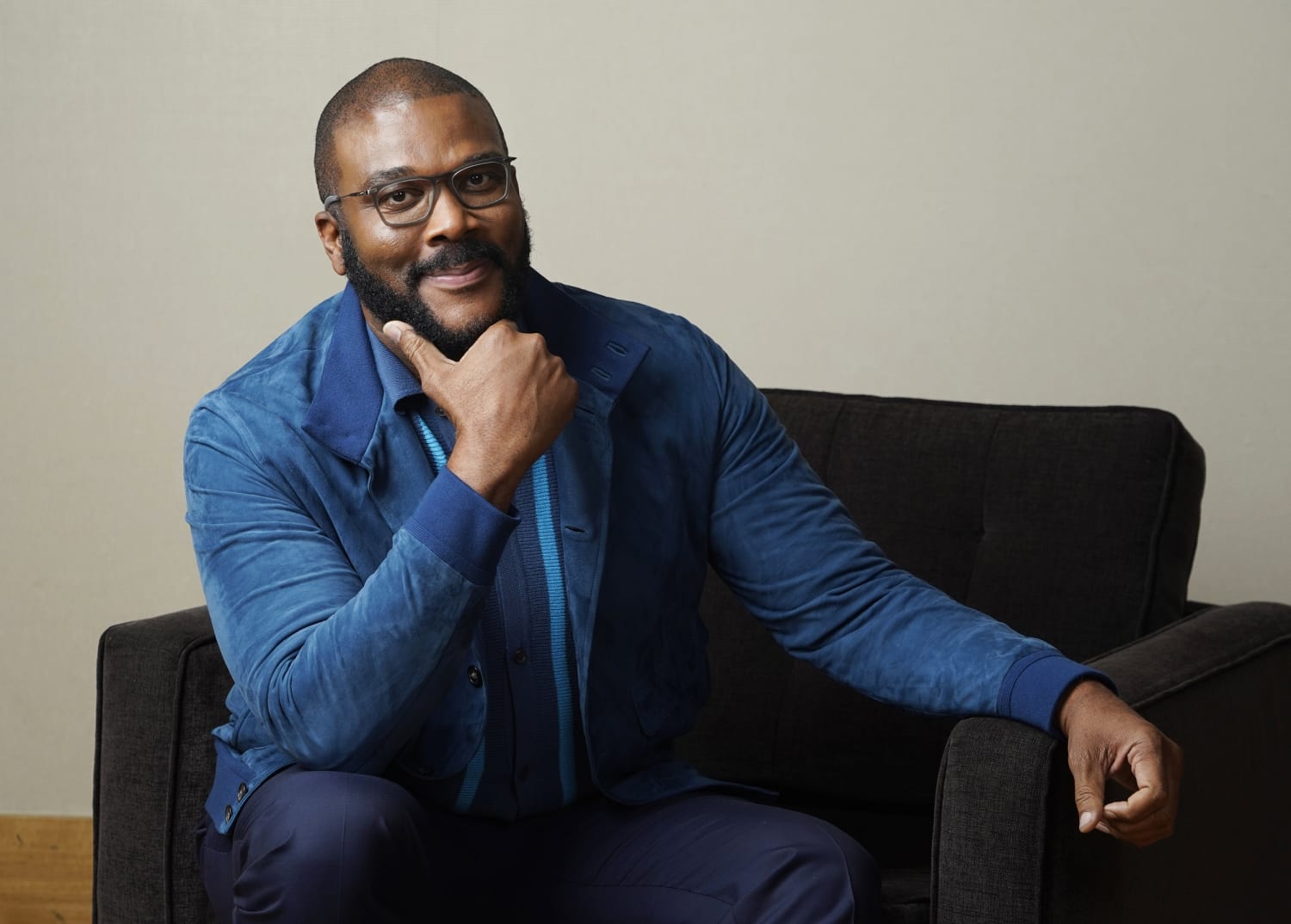In a world where success often seems elusive, the idea that there is a definitive
blueprint to achieve prosperity. longevity. and peace of mind is both enticing and
perplexing. Eddie Murphy. an icon in the entertainment industry, hints at this very
blueprint while navigating the complexities of Hollywood. His discussions often
revolve around the intricate web of relationships and alliances that shape the
industry, specifically spotlighting figures like Tyler Perry and Sean “Diddy” Combs.
Eddie’s aspirations to collaborate with Tyler Perry signify more than just a desire for
creative synergy: they reflect a longing for unity in a divided industry. Yet, the reality
is that this collaboration has not materialized, leaving fans to wonder why. Murphy’s
mention of Perry being “next on the FBI’s list” adds a layer of intrigue, suggesting
that the connections within Hollywood extend beyond the surface. Are these two
giants caught in a tangled web of friendship and professional obligation, or is there
a darker narrative at play?
 ‘
‘
Tyler Perry has made a name for himself as a media mogul, but his rise has not been
without controversy. Eddie Murphy hints at connections between Perry and Diddy
that suggest a deeper involvement in a world filled with shady dealings. As rumors
circulate about Perry’s alleged ties to Diddy’s ongoing investigations, one can’t help
but wonder if Perry is merely a pawn in a larger game or if he has his own agenda.
Eddie’s perspective on Hollywood’s treatment of Black actors reveals a troubling
truth: the industry has historically kept Black talent divided rather than united. He
emphasizes that these toxic dynamics not only affect those in the industry but also
trickle down to the next generation, fostering an environment of competition rather
than collaboration. The deep-seated fear within the community appears to stem
from systemic issues that have long marginalized Black voices, leading to an
environment where artists are pitted against each other instead of being uplifted.
Despite his prolific output—over 50 films in just a few years—Murphy
acknowledges a concerning trend: only a handful were directed by Black
filmmakers. This raises important questions about representation and the power
structures that dictate who gets to tell stories in Hollywood. The hesitance to
collaborate with fellow Black creators like Perry or the absence of pairings like Wil
Smith and Denzel Washington only underscores a troubling reality within the
industry.
The discussions surrounding Tyler Perry’s work often highlight how he has
transformed the landscape of Black cinema, yet they also reveal criticisms that are
hard to ignore. Some feel that his films rely too heavily on stereotypes,
perpetuating a cycle that fails to represent the full spectrum of Black experiences.
Critics, including prominent voices like Lee Daniels, have pointed out that Perry’s
narratives often reinforce negative stereotypes, leading to discussions about
colorism and biased character portrayals in his films.
The ongoing scrutiny of Perry’s casting choices raises questions about the
underlying issues of colorism in Hollywood. Observers note a pattern where
dark-skinned actors are frequently cast as villains while lighter-skinned characters
are presented as heroes. This dynamic has sparked intense debate within the
community, highlighting the complexities of representation and the implications for
audiences. Chris Rock’s commentary on this issue adds another layer, suggesting
that even a cultural icon like Tupac Shakur might be reduced to a stereotype in a
Perry film.
Beyond the surface-level analysis of casting and storytelling lies the reality of
systemic issues that continue to plague Hollywood. The conversation surrounding
these topics is amplified by the rise of movements advocating for change, such as
Black Lives Matter. With growing awareness of the vulnerabilities faced by Black
lives, the need for economic empowerment and unity becomes even more critical,
Eddie Murphy’s commentary on the industry’s internal politics challenges the status
quo and encourages a collective approach to success that could reshape the future
of Black representation in media.

While Perry has undoubtedly made significant contributions to entertainment, the
‘whispers of his ego and the controversies surrounding his business practices have
led some to question his methods. From alleged conflicts with writers seeking fair
contracts to accusations of exploiting stereotypes, Perry’s rise has not been without
its challenges. Critics have voiced their concerns, emphasizing that the narratives he
crafts can sometimes be damaging, reflecting a broader issue within Hollywood that
continues to require attention.
As the industry navigates these turbulent waters, itis essential for artists lie Eddie
Murphy and Tyler Perry to recognize the power they hold. Their ability to shape
narratives and challenge stereotypes can serve as a catalyst for change, potentially
fostering an environment where collaboration is prioritized over competition. The
blueprint for success that Eddie speaks of may lie in their willingness to address
these complexities head-on. pushing for a more equitable and inclusive industry.
Ultimately, the conversations surrounding Eddie Murphy, Tyler Perry, and the
intricate dynamics of Hollywood reveal a pressing need for change. The legacy of
these artists will be defined not only by their individual successes but by their ability
10 uplift their community and foster a collaborative spirit. As we reflect on the past
and look toward the future, the hope is that the industry will evolve into one that
embraces diversity, nurtures talent, and creates a space where all voices can thrive.
